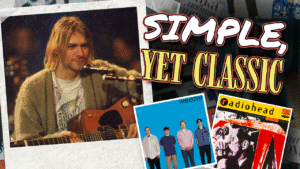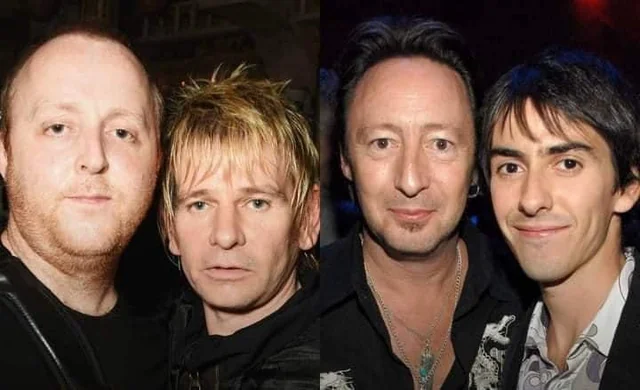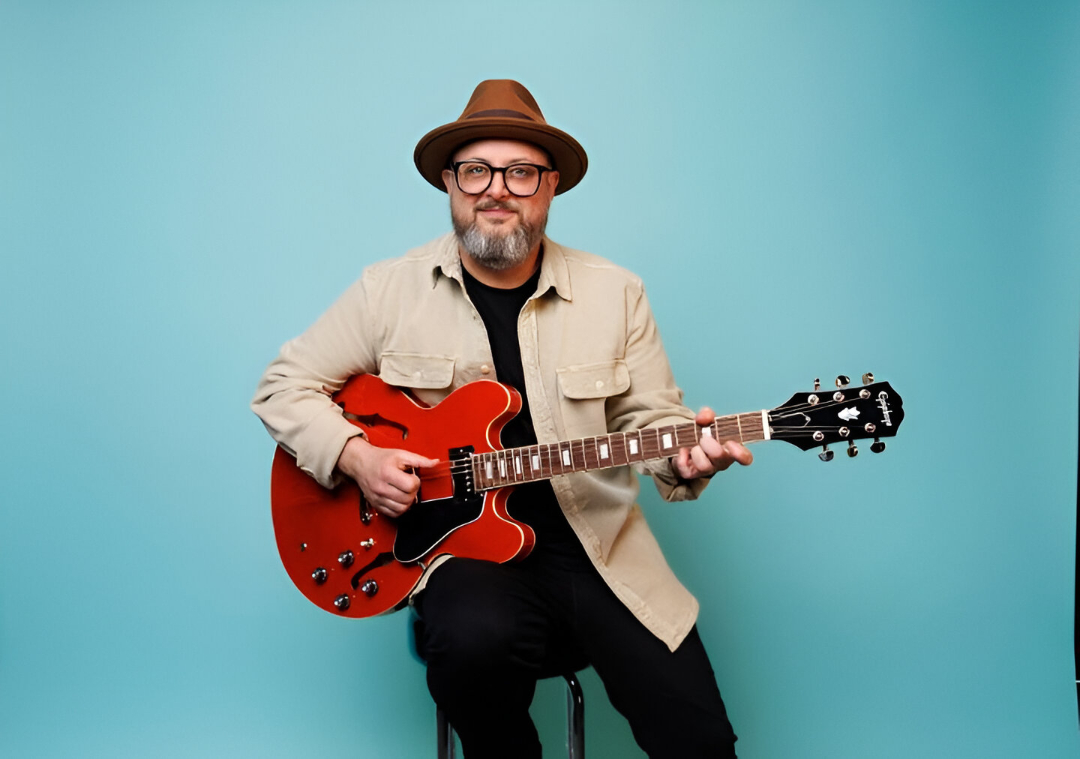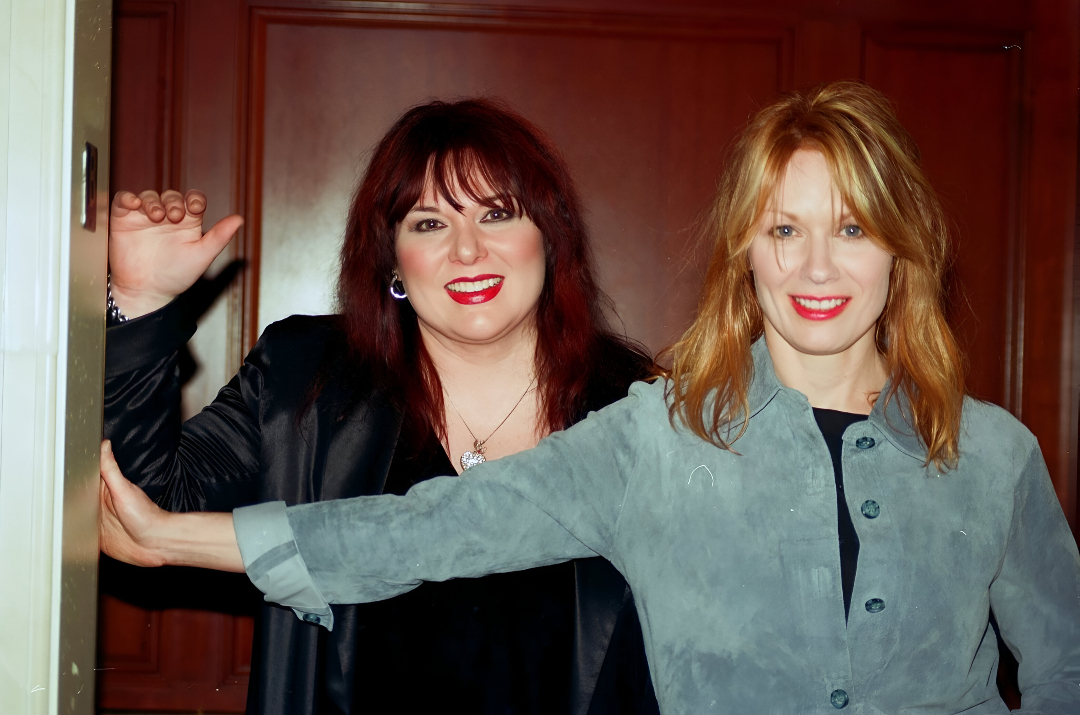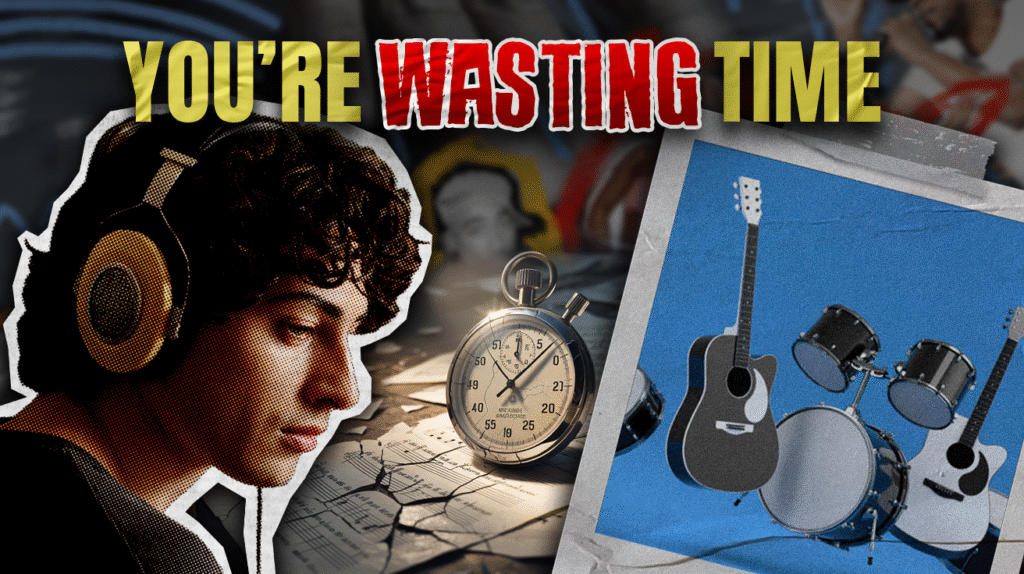
Transform wasted practice time into breakthrough musical progress with these proven strategies. Most musicians waste 70% of their practice time on activities that don’t improve their playing. You’ve seen them grinding through scales like hamsters on a wheel going nowhere. Effective practice isn’t about hours logged—it’s about strategic focus that makes every minute count. Musicians who accomplish in months what used to take years aren’t practicing more, they’re practicing smarter. Like upgrading from dial-up to fiber optic, these approaches transmit musical growth at speeds you didn’t think possible.
10. Use Your Built-In Instrument

Your voice is the original instrument you’ve carried since birth, yet many instrumentalists never use this powerful tool. Singing melodies—even badly—forces you to internalize music in ways your fingers alone cannot. It improves your intonation, phrasing, and rhythmic accuracy without you even realizing it’s happening.
Try singing a solo you’re learning, then play it—you’ll be shocked at how much more musical your interpretation becomes. Don’t worry about sounding good; this is process, not performance.
9. Make Rhythm Your Foundation
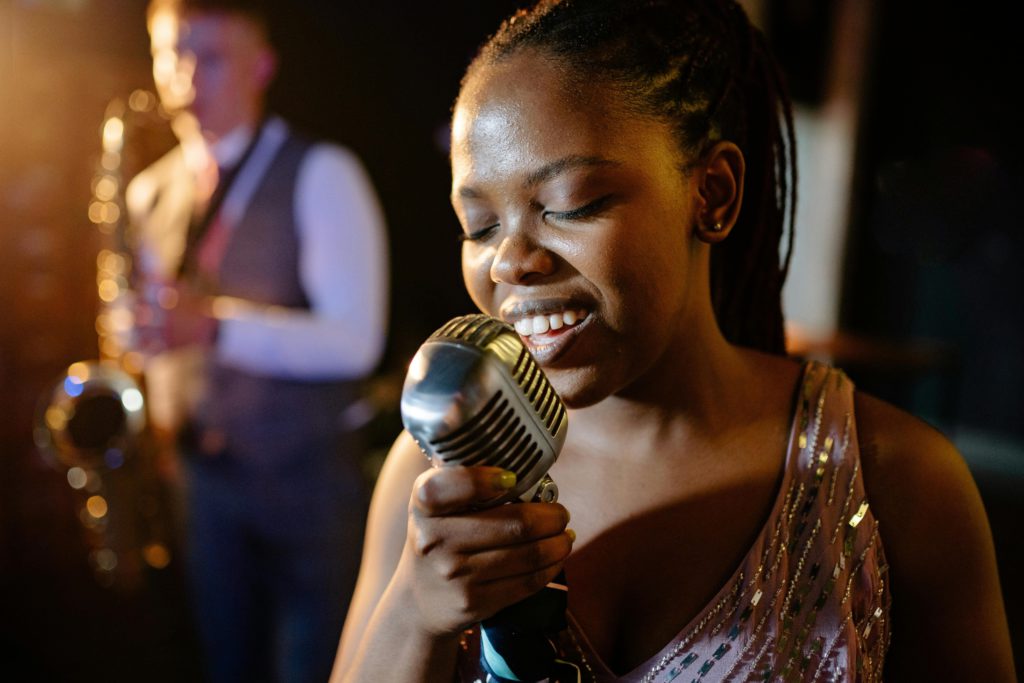
Even the most beautiful notes fall flat without rhythmic integrity. Your sense of time is the backbone everything else hangs on—like the difference between a wobbly card table and hardwood furniture. Practice with a metronome, count aloud, or use drum tracks to strengthen your internal pulse. Work on maintaining flow through transitions where most players stumble.
When your rhythm is solid, even simple playing sounds professional; when it’s shaky, even complex playing sounds amateur. Master this fundamental skill and everything else improves automatically.
8. Keep Your Instrument in the Spotlight, Not the Closet

That beautiful instrument hibernating in its case under your bed might as well be in another zip code. Display your guitar on a stand in your living room. Place your keyboard where you’ll brush past it twenty times a day.
Visual cues trigger musical engagement—making your instrument visible and accessible significantly increases the likelihood you’ll play it rather than leaving it tucked away like last season’s holiday decorations. Remove the physical barriers between impulse and action, and watch your practice time multiply.
7. Develop Audiophile Ears
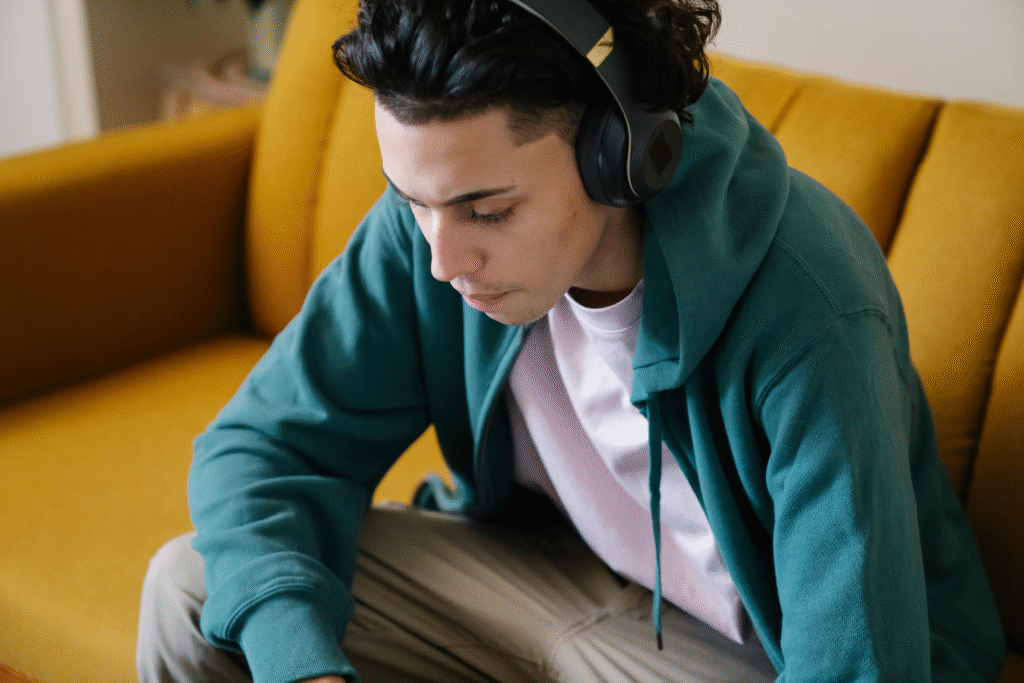
Music is fundamentally the art of organized sound, making listening your most crucial skill. Train yourself to hear details others miss—the way a bassist locks with a drummer’s kick pattern, how a vocalist places phrases slightly behind the beat for emotional effect.
Start by transcribing simple Beatles melodies like “Yesterday,” then graduate to complex jazz lines from Miles Davis solos. Your playing will transform in proportion to your listening depth, like a photographer whose eye becomes increasingly sensitive to subtle variations of light.
6. Navigate the Emotional Landscape
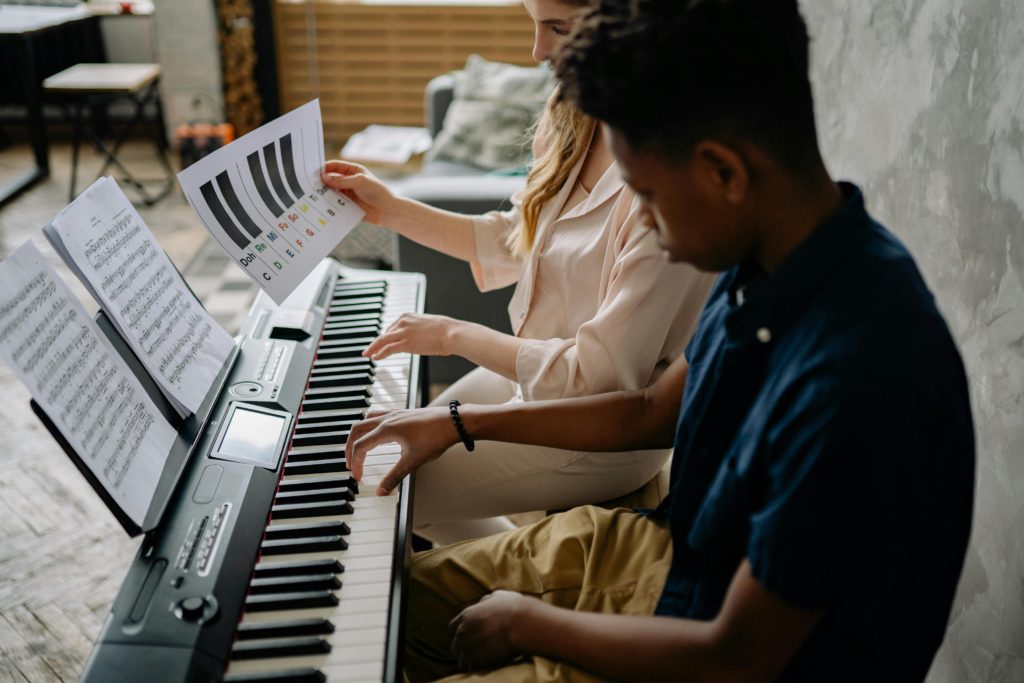
Every musical journey includes valleys where motivation disappears like a dropped pick on a dark stage. When frustration hits, reconnect with what inspired you initially. Play along with recordings that first made you want to learn.
Avoid extended breaks that kill momentum—even five minutes of noodling keeps the connection alive. Musical growth isn’t linear; it comes in surprising bursts after plateaus. The players who succeed aren’t necessarily the most talented, but the ones who keep showing up when it feels pointless.
5. Learn Songs, Not Just Scales
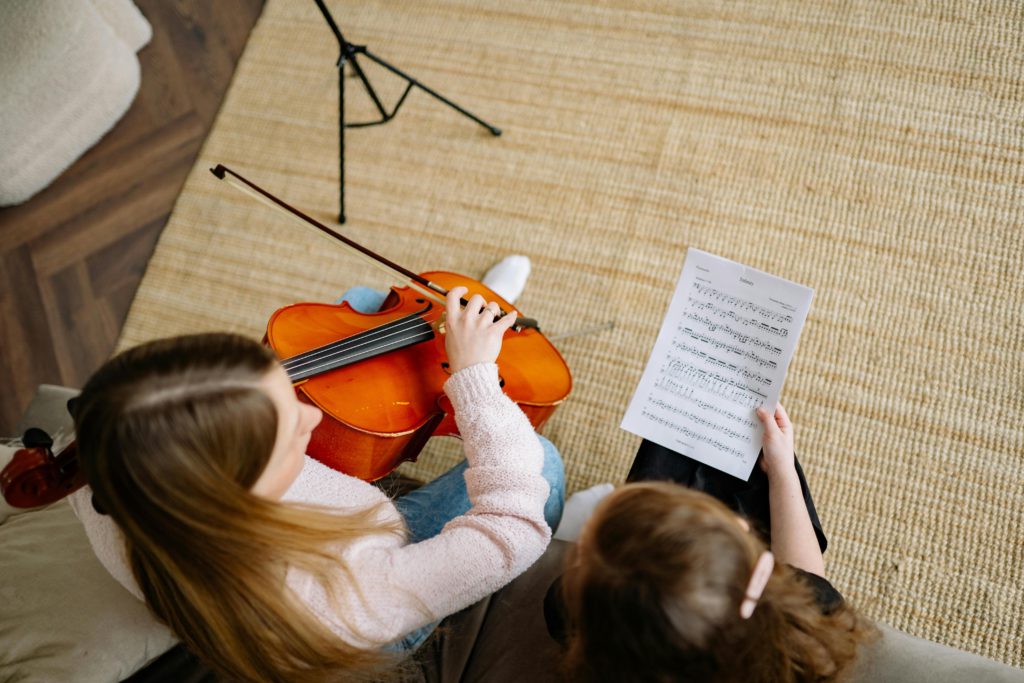
Theory without application is like owning cooking equipment but never making a meal. Focus on learning songs that light you up inside—they’ll teach you the same concepts but wrapped in motivation. When you’re working through “Stairway to Heaven” or “Giant Steps,” those diminished chords suddenly have context and purpose.
Let real songs show you how chord progressions function and melodic patterns work. This approach not only accelerates learning but keeps your passion burning like a pilot light that never goes out.
4. Daily Micro-Sessions Beat Weekend Marathons

A daily 15-minute focused practice session delivers more growth than a three-hour cramming session once a week. Musical skills build through consistent neural pathways, not occasional deep dives. Think of music like a language—you wouldn’t expect to become fluent by studying Spanish for seven hours every third Saturday.
Make music part of your daily routine, even if it’s just running through a troublesome passage while your coffee brews. The compound interest of consistent practice will shock you when you look back three months from now. You can also check out these apps that are designed to help you become a better musician.
3. Find Your Musical Sherpa
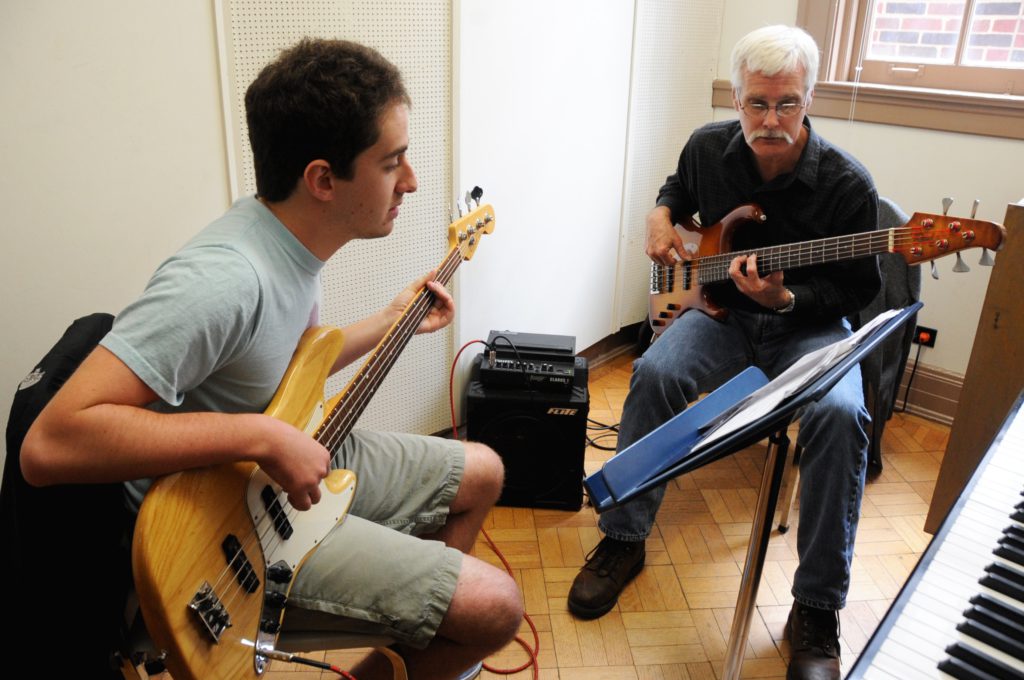
YouTube tutorials are helpful, but they can’t see your specific struggles or celebrate your unique breakthroughs. A good mentor provides personalized feedback that cuts months off your learning curve. They’ll spot patterns in your playing you can’t see yourself—like a personal trainer who notices you’re favoring one side.
The accountability of regular lessons creates momentum that self-directed study rarely matches. The human element matters enormously in musical development, creating a feedback loop that algorithms can’t replicate.
2. Define Your Musical GPS Coordinates
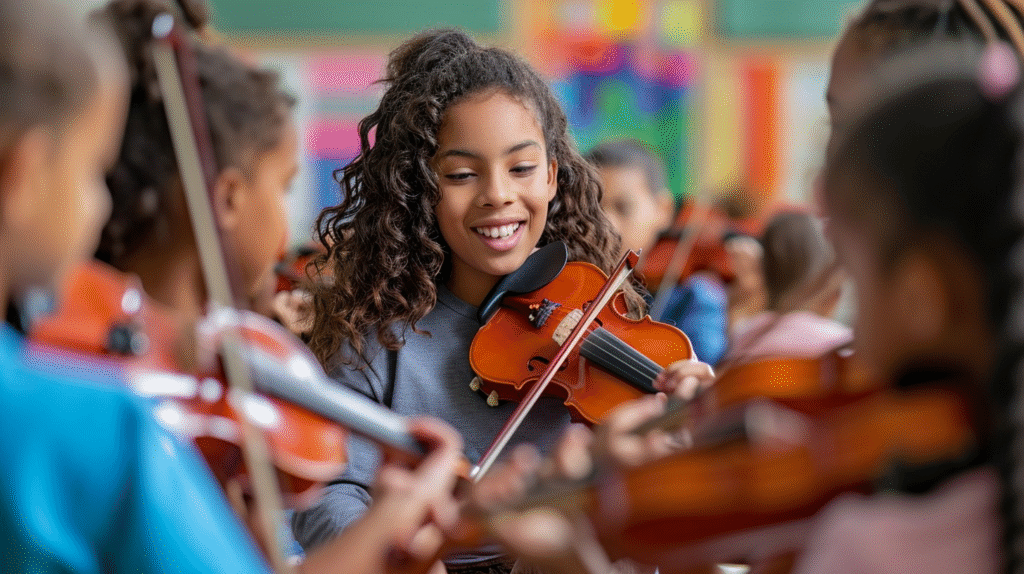
Vague practice goals are like trying to find a house without an address—you’ll burn gas and patience before getting anywhere. Break down skills into bite-sized chunks with crystal-clear targets: “Master the chord changes to ‘Autumn Leaves’ at 120 BPM by Friday” beats “get better at jazz” every time.
This transforms your practice from aimless noodling into purposeful progress. When you know exactly where you’re heading, you’ll get there in half the time, tracking your improvement like a producer watches levels on a mixing board.
1. Immerse Yourself in Your Musical Language
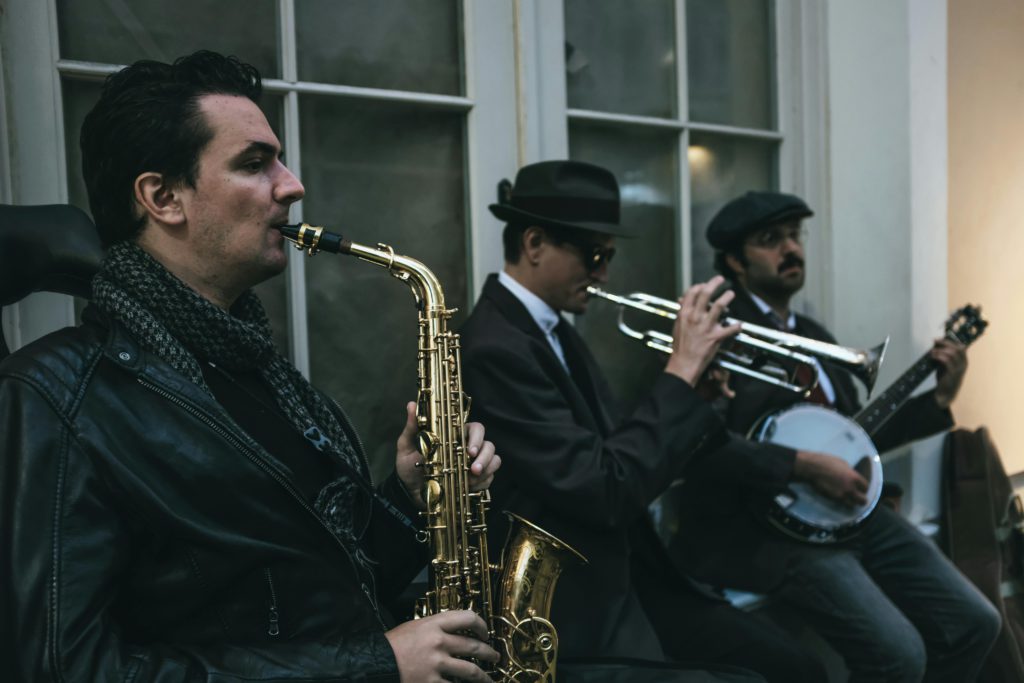
Trying to play jazz without listening deeply to Parker or Coltrane is like attempting to speak French having only read a phrasebook. Your ears need to be saturated in the sound world you’re trying to inhabit.
Schedule dedicated listening sessions—not as background while scrolling Instagram, but active, focused absorption of the masters in your chosen style. Music requires immersion like any language. Your playing will naturally begin to reflect what fills your ears, just as your speech patterns mirror the people you spend time with. Check out what these professional musicians think you should do to level up your music ability.






